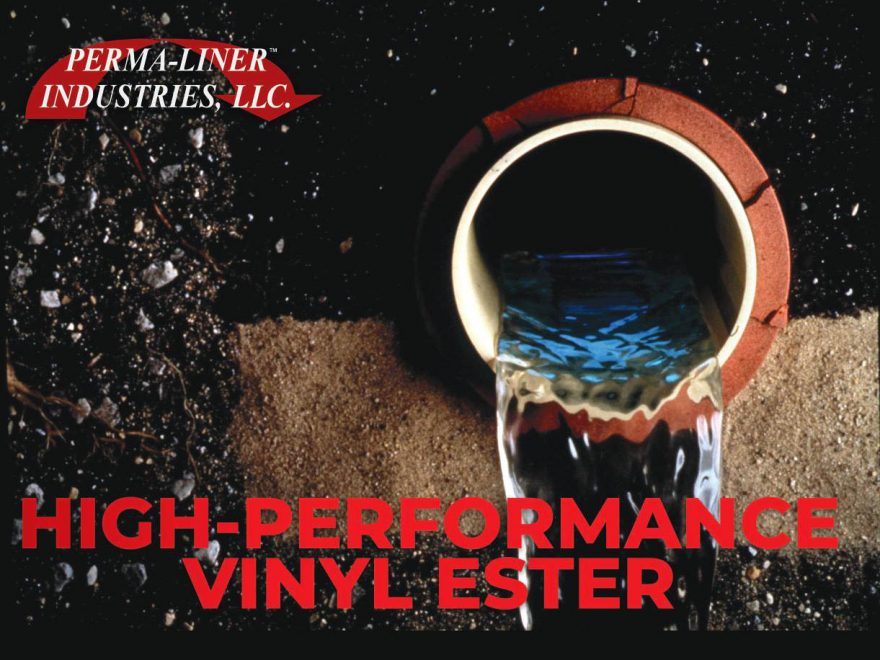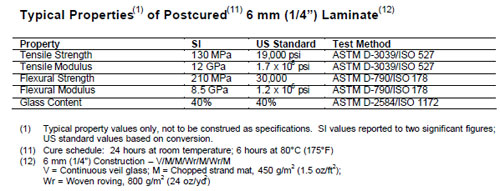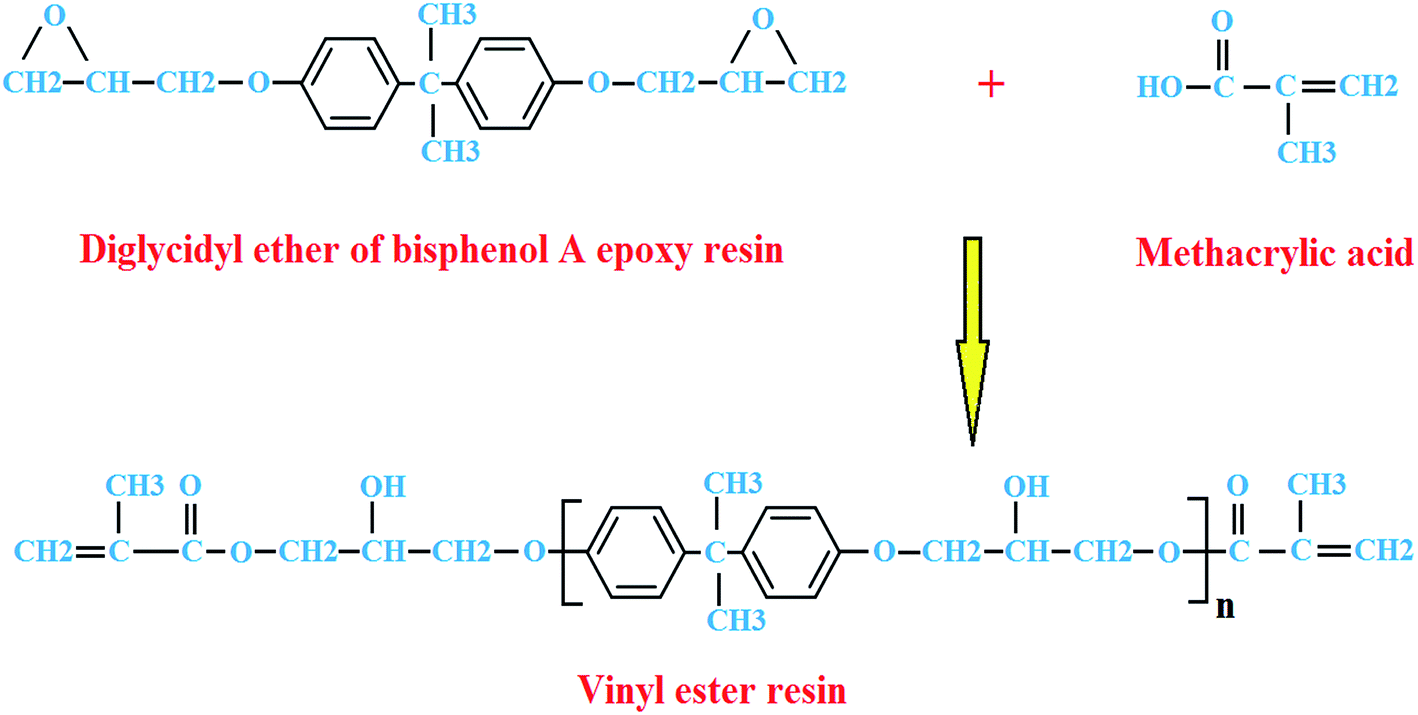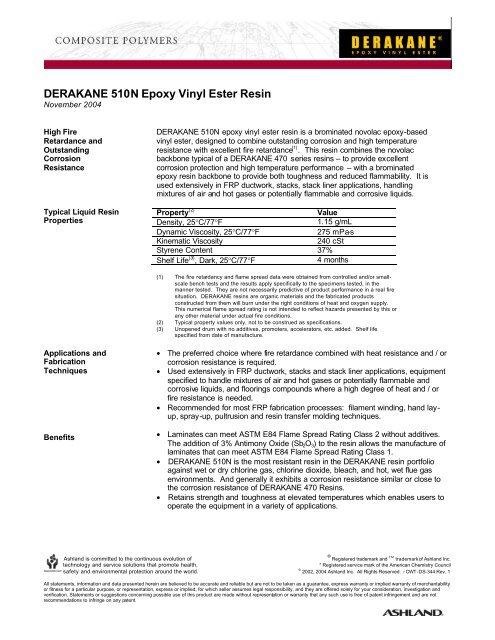Epoxy Vinyl Ester Resin Uses

The styrene in the polyester or vinyl ester resin will melt it.
Epoxy vinyl ester resin uses. Epoxy resin should be used. To cover wood a laminate using epoxy resin and 10 oz cloth will yield a much better job than 10 oz. The diester product is then dissolved in a reactive solvent such as styrene to approximately 35 45 percent content by weight. Resin has a short shelf life.
Try to store the resin in a cool dry place or refrigerate do not freeze it to extend the life of the resin. This product provides corrosion control to a wide variety acids and alkalis. Vinyl esters also use peroxides e g. When using vinyl ester resin be sure to use it quickly after purchasing.
Cloth and polyester resin. However most are prepared solely with reactive vinly type monmomers. In some cases conventional solvents such as xylenes are also used. Derakane momentum epoxy vinyl ester resins are organic materials and will burn under the right conditions of heat and oxygen supply.
Vinyl ester resins are produced by the reaction esterification between an epoxy resin and an unsaturated monocarboxylic acid. It can be used to produce glass reinforced laminates with excellent impact and stress resistance. Vinyl ester has a shelf life of 3 months. Pip ve fr resin is a fire retardant brominated bisphenol a epoxy vinyl ester resin.
It adds excellent strength rigidity adhesion water and chemical resistance. Brief product description derakane 455 400 resin is an unpromoted highly crosslinked novolac epoxy vinyl ester. Advances in fire retardant materials 2008. Vinylester is essentially a styrene modified epoxy resin.
This product allows the use of standard mekp exhibits excellent. It is important to note that of the three vinyl ester resin will provide the highest corrosion resistance temperature resistance and elongation toughness. The vinyl groups refer to these ester substituents which are prone to polymerize. Epoxy adheres to wood much better than polyester does.
Vinyl ester resin or often just vinyl ester is a resin produced by the esterification of an epoxy resin with acrylic or methacrylic acids. Epoxy vinyl ester resins also find uses in coatings particulalry for the marine building and construction industries due to their excellent corrosion and weathering resistance.



















